Fluoroscopy Physics
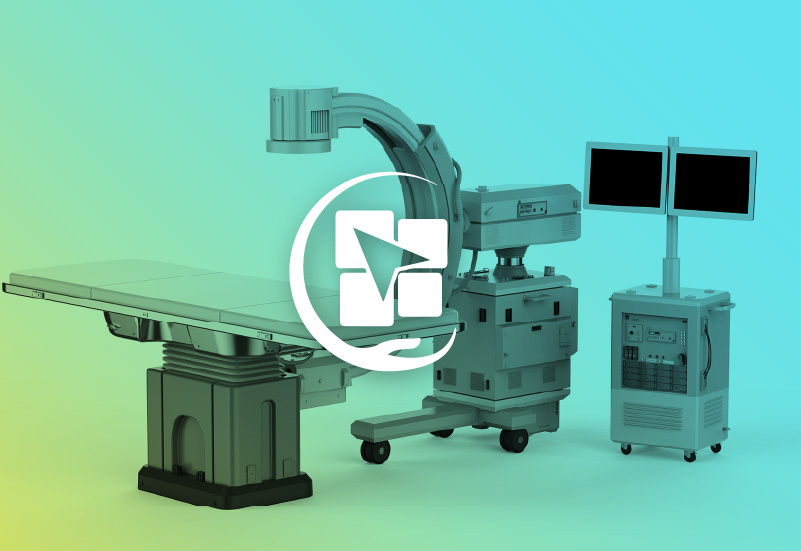
This course was designed for Radiology residents and other medical professionals such as x-ray technologists, medical students, and physicists studying Fluoroscopy Physics. The course is also a great refresher for physicians who want to brush up on Fluoroscopy imaging principles
This course includes:

Short, focused topical video lectures

State of the art graphics

Access to course instructor

On-demand content

Engaging questions

Clinically relevant examples
Course Content
-
Module 1: Intro to Fluoroscopy
-
Module 2: Fluoroscopy Imaging Systems
-
Module 3: Flat Panel Detectors
-
Module 4: Image Intensifiers
-
Module 5: Automatic Exposure Rate Control
-
Module 6: Electronic Magnification
-
Module 7: Fluoroscopic Modes of Operation
-
Module 8: Fluorography Modes of Operation
-
Module 9: Patient Dose Monitoring
-
Module 10: Patient Dose Management
-
Module 11: Operator Dose Management
What You Will Learn
- Principles of image formation
- Factors that affect image quality
- Common Artifacts
- Effective and Safe Use of Equipment
Requirements
- 10-15 minutes per module
- 3 hours total to complete the course
- A desire to learn
- A quiet spot or headphones
Great opportunity to learn more physics
-Benjamin
Nothing else to add - I enjoyed the course and learned a lot.
-Taylor
Helpful illustrations and diagrams
-Thomas
1) I'm a... *
This question is required
2) Which of the following topics are you interested in? *
Choose as many as you like
-
Radiography
-
Ultrasound
-
Fluoroscopy
-
Mammography
-
Computed Tomography
-
Magnetic Resonance Imaging
-
Nuclear Medicine
-
Radiation Safety
-
Radiation Biology
-
Other
This question is required
3) Which of the following best describes your age? *
This question is required
4) What is the single biggest challenge you have with learning imaging physics? *
Please be as detailed as possible so we can provide you with the best video lessons as well as other learning material that will be most relevant to you and your needs.
This question is required
5) What is your name? *
We'd like to help you with your physics education need. Sybil Digital Learning will be sending you a free video lesson and other learning materials via email.
This question is required
6) Email *
Please enter a valid email address
This question is required
Thanks for completing this form!
We are now giving you access to your FREE video!
Hang tight...
Hi There!
Thank you for your interest in Sybil Digital Learning.
We look forward to working with you
Could you please tell us your name? *
We'd like to help you with your physics education need. Sybil Digital Learning will be sending you a free video lesson and other learning materials via email.
This question is required
Thanks ! Do you represent a company? If so, please specify.
If you don't represent a company type none
This question is required
What's your Email *
Please enter a valid email address
This question is required
How can we help? *
This question is required
Great! We'll be in touch shortly.
In the meantime, would you like us to give you a quick demo of our platform?
Explore Our Course Catalog
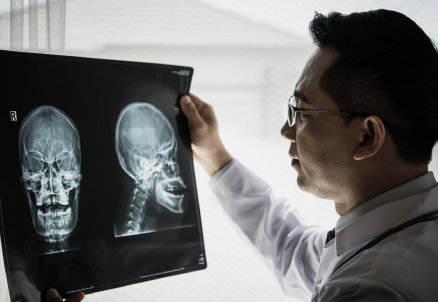
Radiography Physics
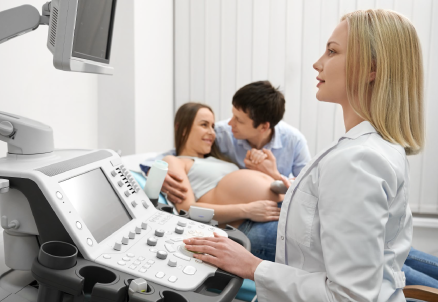
Ultrasound Physics
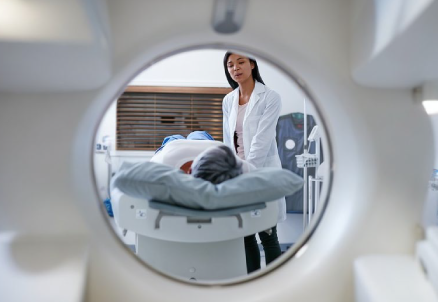
Nuclear Medicine Physics
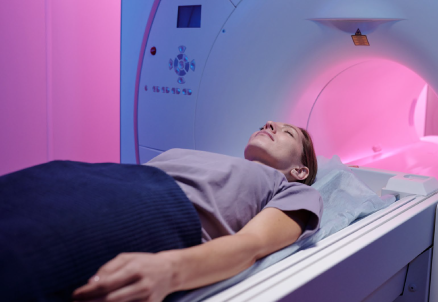
MRI Basic Physics
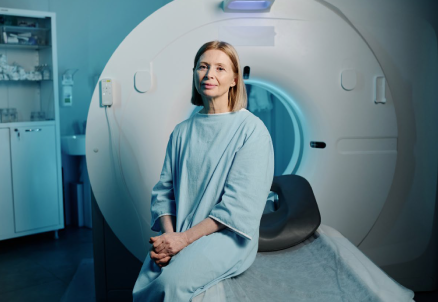
CT Physics
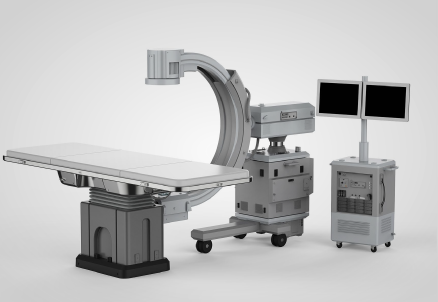
Fluoroscopy Physics
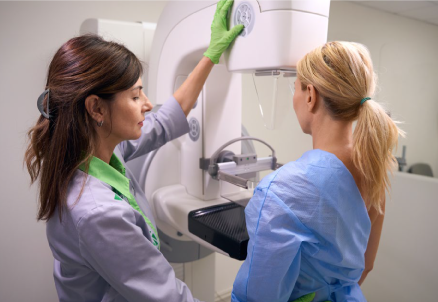
Mammography Physics
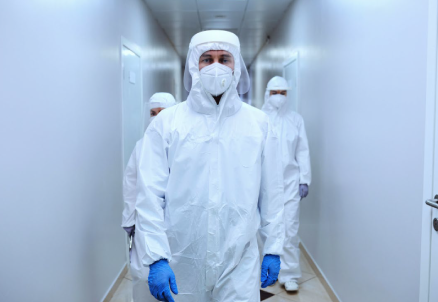
Radiation Biology Safety & Dose
Instructor

Karen Brown
Ms. Brown is a Diagnostic Imaging Physicist for Penn State College of Medicine. She is Certified in Radiological Physics by the American Board of Radiology (ABR) and in Health Physics by the American Board of Health Physics (ABHP).

